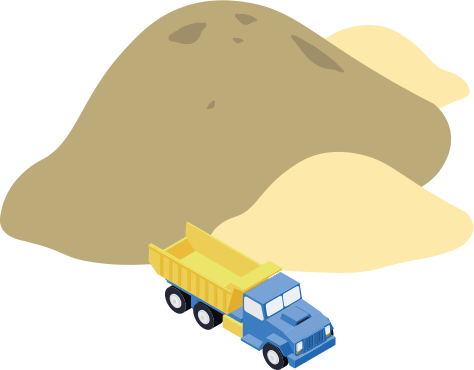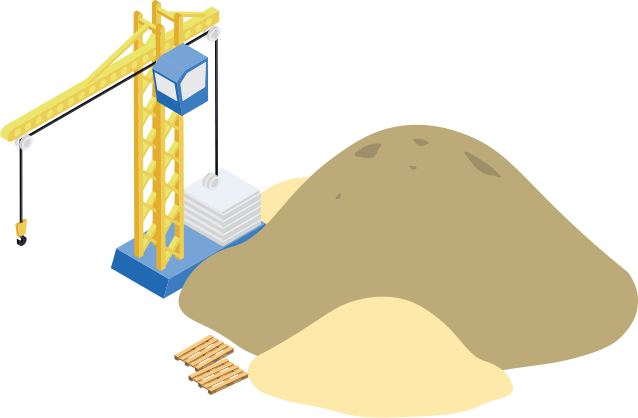Technical SEO takes time and expertise. It’s not a process that happens overnight. But it is a process that can impact your website’s search engine rankings. Technical SEO focuses on the structure, code, and server “mechanics” of your website. All the technical configurations behind the scenes. It optimizes the use of crawling and indexing within search engines.
Crawling is the process used by search engines to send out a team of “bots” or “crawlers” to find new and updated content. It looks for code and keywords to download links for specific pages.
Indexing is the storage, analysis, and organization of the content found during the crawling process. Once the content is indexed, it can be displayed quickly as relevant information in search engine queries.
Technical SEO is critical to producing long-term benefits for your business or service. It can help drive traffic to your website and increase your company’s brand awareness by bringing your site up quickly during a search via indexing. The goal of technical SEO is to keep your website up to technological standards which, by the way, change rapidly in today’s fast-moving high-tech computer industry.
Website architecture is the framework by which webpages are organized and linked together so that search engine crawlers can find and then index keywords and content easily. Bots and crawlers can better recognize your website if you do not have numerous clicks between your homepage and other pages on your site. Keep it simple to drive better results.
Crawling, indexing, and website architecture are all the most significant elements of technical SEO.
Why Technical SEO is so Important
If your website has poor technical SEO, it becomes much more difficult for Google and other search engines to find and rank your site. By optimizing your “back office” technology, search engines can easily find and then index your website accurately. This can lead to higher traffic to your site and many more sales conversions.
In addition, to ensure that your site is 100% optimized technically, it needs to be made safe and secure, free of duplicate content, quick-loading, and fully optimized for automatic sizing on mobile devices.
Search engines must be able to find, crawl, and index all the pages on your website. Imagine trying to ferret out your company’s website amongst the billions—yes that’s billions with a “B”—of other websites on the internet. It’s a literal “needle in a haystack” scenario. This is why technical SEO is so critical to the success of your website marketing strategy.
Improve Your Technical SEO for Top Rankings
Finding SEO issues, getting repairs and improvements when necessary, making sure your technology is up to date, these are only a few considerations when it comes to impacting your website’s rankings.
Here are just a few factors with which a technical SEO can direct traffic to, and ultimately rankings for, your website:
- Create a sitemap that leads the search engine to your company’s site
- A sitemap is a file where you store all the information about the pages, pictures, videos, and other important files on your site and how they are all connected.
- By creating a detailed sitemap, any search engine can easily navigate through your website and determine what information or keywords should be indexed. Sitemaps allow you to decide which of your website pages are the most relevant to certain search words or phrases.
There are four types of sitemaps:
- Video sitemaps
- Allow you to enhance the video contents on your website. They contain metadata which helps search engines accurately find and post the video in search results, creating more pageviews.
- Image sitemaps
- Help search engines find the images on your website that may not be found otherwise. They are files that contain all the data concerning the images or photos embedded on your website so that it loads quickly and looks the way you intended.
- XML sitemaps
- Are files that list the essential pages on your website, giving the search engine an overview of all the content that is available on your site. They help search engines understand and navigate your website structure. They are basically “roadmaps” that direct the search engine to the path to your content, images, and videos.
- News sitemaps
- Search for news stories or headlines on different websites that can then be approved for inclusion as part of a search engine’s news services.
- Find links from other websites that point to your pages
- Backlinks or inbound links can assist search engines in determining the usefulness and quality of the information contained in your pages. Of course, backlinks need to also be optimized for higher rankings.
- Social media posts
- By sharing links and/or content on your social media profiles, you can drive more engagement on and traffic to your website. These links can make your brand and content more visible to a user by building more search indexed demand.
- Embed links internally within your website that are already indexed
- There are four types of internal links you can embed in your website
- Contextual links
- Navigational links
- Footer links
- Image links
Internal links or hyperlinks, help “speak to” web crawlers about what pages are the most important, sort of important, and least important. It basically establishes the hierarchy of content on your website. Repetitive keywords or phrases are most likely already indexed thus, your site and content will load faster.
- Unique content
- Create original, unique, and engaging content for each page on your site. Keep duplicate content to a minimum. The less you duplicate information, the more time the user will stay on your page as they investigate your product or service.
- Page loading speed
- Increasing the speed at which your site loads can be done quickly and easily and is probably one of the most important factors in driving traffic to your website. It can have an immediate impact on your rankings. Faster is better.
- Mobile Optimization
- Google and other search engine software have instituted “mobile-first” indexing. This means that they will look at the mobile version of your website first, before they look at it on a desktop or laptop computer.
- A mobile optimized site automatically reformats itself for mobile devices. It not only makes sure to properly display your website on smaller screens, but it also makes the site much easier to navigate. It reformats content, displays larger navigation buttons, and optimizes images according to mobile device screen size.
- SSL Certificates
- A Secure Sockets Layer or SSL certificate is a digital credential that authenticates a website’s identity and enables encrypted connections to ensure the safety and security of internet connections. Technical optimization carefully checks to verify that the SSL is installed and working correctly on your server. It allows computer systems to talk to each other, exchange information, and pay bills in a secure environment.
- HTML Errors
- When a browser requests a page or service from a web server that has an error on it, an error code appears. It might say “this website not found” or “404 Not Found.” These are simply called “html errors.” It means that the site you’re looking for either no longer exists or it is broken.
- It could be an incorrect URL address or a domain name change. Or it might take a total reconfiguration to get it working again.
Technical Optimization is King
Ever-changing, complex, complicated, nerve-wracking. These words aptly describe technical SEO. It takes time and expertise to optimize the technological issues on your website. It takes time to first search and find any issues. Then it takes more time to determine how any errors can be fixed, what needs to be refreshed and updated, how it can all be managed and maintained in the future.
But in the end, technical SEO is one of the most important factors to impact your website’s rankings.








